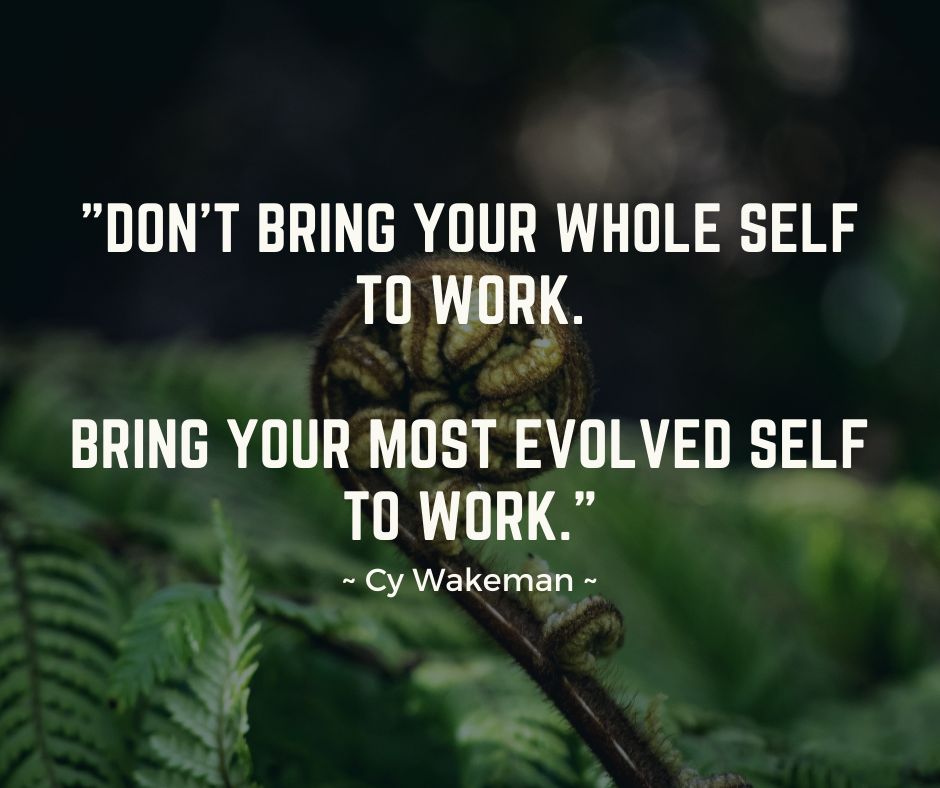We all have ‘stuff’ going-on in our lives.
Our world is full of events that can cause distress. This has certainly been enhanced in recent times!
Add social media to the mix, and we can experience one hell of a drama cess-pool.
At times it can be difficult to keep in equilibrium. Like an expanding waistline, our unease can spread into all corners of our life.
Sometimes too, personal, social or professional drama can sneak into the workplace. This can have a devastating effect, not only on the individual, but those around them, and the organisation as a whole.
Like a thief, it can pick-pocket your organisational culture, rob time in productivity, and steal energy for creativity and development.
Some people swerve the drama, whilst for others it seems to follow them; they are either a victim of it, fueling it, or creating it. Working alongside this can be emotionally draining, and from an organisational perspective, is emotionally expensive.
The average employee spends 2.5 hours per day on drama.
That adds up to 816 hours per year.
(Cy Wakeman)
There are different ways drama can manifest in the workplace. Some may include:
- You feel emotionally drained after you interact with someone?
- You hear excuses, blame, or a lack of personal accountability?
- You feel as though you have shifted into parent-mode and you are trying to console or cajoul them into getting their work done?
- Their conversations centre around the drama in their lives, during work-time.
When considering, as leaders, how we might shift this behaviour, we first need to turn the mirror towards ourselves.
- Who is the human in front of us and what support do they need (personally, professionally and organisationally)?
- What is our own drama quotient? Who is that impacting? What is the need we are seeking to be met through this behaviour?
- What behaviours are we enabling, by feeding into them, or even ignoring (which can be seen as permissive)?
- Are we mistaking empathy for sympathy?
For the “emotionally taxing” team member, our role as leaders is first to connect, then support our colleagues towards awareness, and finally, a behavioural shift. It requires that as leaders, we operate from our Higher Self. We lead from a place of compassion over judgement or ‘management’.
We seek the facts and invite them to also elevate to their higher self.
We can do this by asking the following three questions of ourselves and others:
- What do you know for sure? (Reality) eg: What are the facts, as opposed to the emotions around them?
- What could you do to help? (Service and Compassion) Eg: Stop spreading any gossip, feeding-into the drama, or inviting people to refocus on the work at hand.
- What would great look like? (Creativity and Possibility). Eg: How do we want it to be, and what’s y/our part to play in creating this?
Finally, I would like to leave you with this quote from Reality-Based Leadership author, Cy Wakeman:
Don’t bring your whole self to work.
Bring your most evolved self to work.


